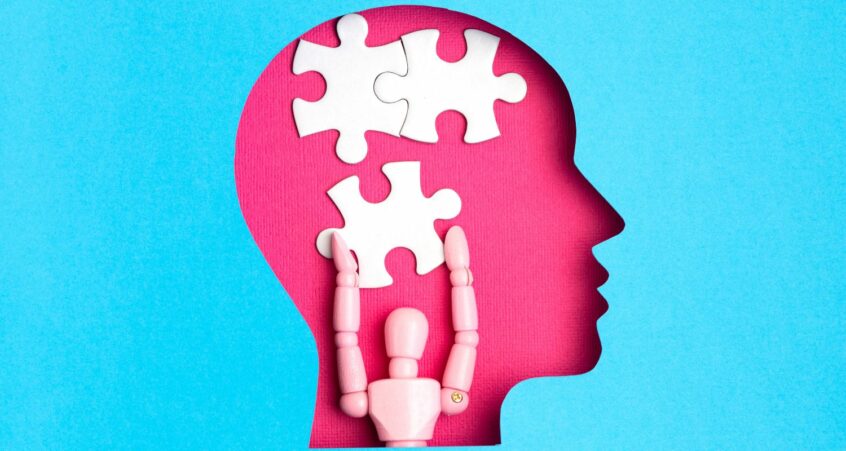A Link Between Cognitive Decline and Hearing Loss

Hearing loss is one of the most common medical problems to affect us as we age. About one-third of those aged 60–69 have hearing loss, and two-thirds of those aged 70 and up have it. Nearly all centenarians have hearing loss, suggesting we will all experience it eventually if we only live long enough!
Hearing loss is as undertreated as it is common. Only about one out of five people who need them is wearing hearing aids, and on average it takes seven years from the time someone notices hearing loss to the time they do something about it and schedule a hearing test.
Hearing Loss is Not Benign
Once upon a time, the consensus was that age-related hearing loss was an annoying but relatively benign symptom of getting older. Perhaps it is the persistence of this myth that leads so many people to put off treating hearing loss for so many years. However, today we know better. Study after study confirms that hearing loss sets off a kind of cascade of negative outcomes. In other words, a mild hearing loss is a huge problem.
Untreated hearing loss has been linked to fatigue, depression, memory issues, loneliness, and social isolation. It can put a strain on our relationships with friends, family, and especially partners. It increases our risk of physical injury while decreasing the likelihood that we will engage in enough physical activity to maintain our health.
As if there were not enough concerns about health and well-being to make hearing loss treatment a priority, we can add earlier onset of cognitive decline and dementia to this list.
Hearing Loss Linked to Alzheimer’s Disease and Dementia
Across multiple studies, hearing loss has been found to contribute to an increased risk of Alzheimer’s disease and dementia. The risk appears to increase with the severity of hearing loss. Someone with mild hearing loss is at double the risk for dementia. Moderate hearing loss triples a person’s risk, and severe hearing loss quintuples it.
While it is not clear yet why hearing loss contributes to dementia, the causal relationship is very likely, according to researchers like Dr. Frank Lin at Johns Hopkins. There are three main theories as to how hearing loss causes dementia, and it may be that they all work in combination.
Cognitive Load
Hearing loss deprives our brain’s auditory cortex of the information it needs to make sense of sound. When we hear less, we rely on other parts of our brain to fill in the gaps in our understanding. This means our brain is working twice as hard to try to have a conversation. This is also why hearing loss causes fatigue. It may be that this process overworks the brain too much and too often, leading to cognitive decline and dementia.
Social Isolation
Social isolation is a common outcome of hearing loss. When we can’t converse, we tend to avoid going out to meet friends and family, and all too often we become isolated. Spending time with others is one of the most mentally stimulating activities in which we can engage. When we don’t spend enough time seeing other people, this may contribute to cognitive decline and dementia.
Brain Atrophy
Hearing loss deprives the brain’s auditory cortex of the information it uses to decipher speech. Over time, this leads the auditory cortex to atrophy. It’s not that the brain cells die, but the grey matter that upholds the structure of neurons in the auditory cortex starts to dissipate, allowing the structure to collapse. It may be that these changes in the brain also contribute to cognitive decline and dementia.
Hearing Aids Can Help
The World Health Organization (WHO) listed hearing loss as the #1 modifiable risk factor—out of twelve—for Alzheimer’s disease. While most hearing loss cannot be cured, it is modifiable in the sense that it can be prevented and/or treated with hearing aids.
New studies completed in the last few years seem to indicate that treating hearing loss with hearing aids or cochlear implants does reduce the risk of cognitive decline and dementia, and can even reverse cognitive decline in some cases. More studies will be needed to confirm this, but the future’s looking bright for those who wear hearing aids!
